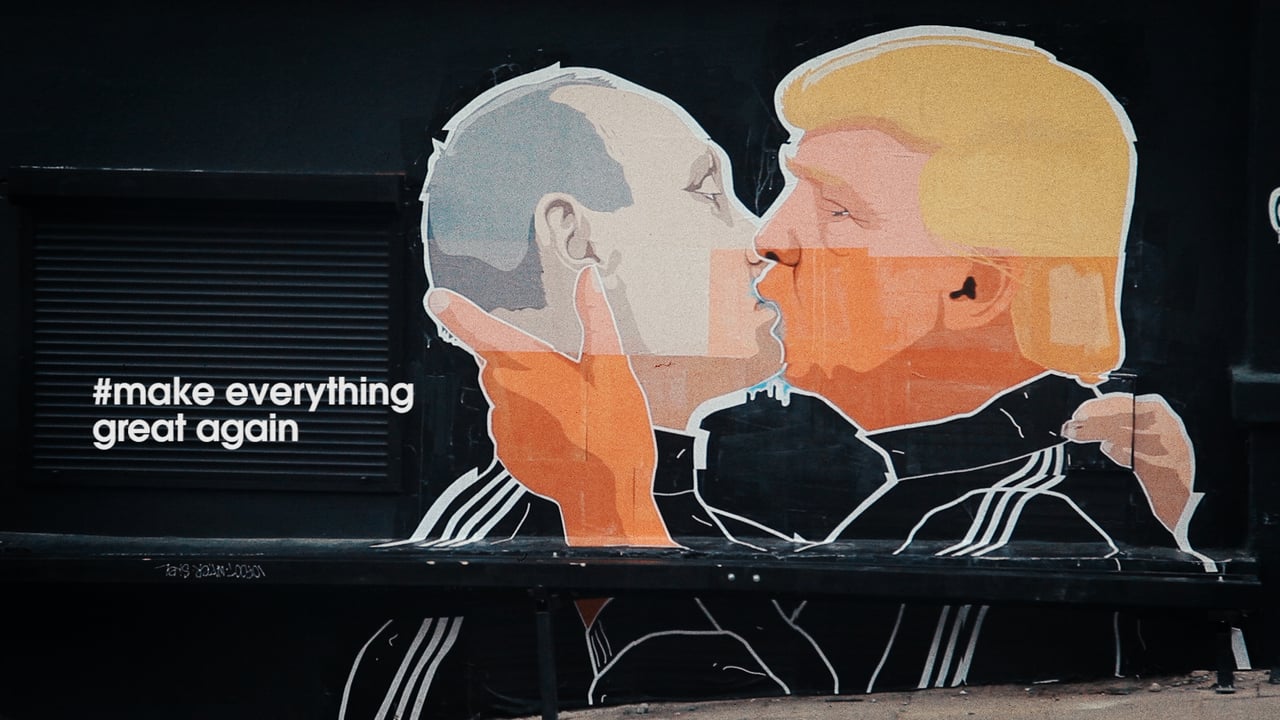The Russian Collusion Investigation So Far…
Special Counsel Robert Mueller has filed charges against 13 Russians individuals and 3 Russian companies for attempted interference in the 2016 U.S. Presidential election. There is no indication that law enforcement believes the Russian efforts actually swayed the outcome of the race (research suggests that’s highly unlikely). Moreover, the document explicitly says that no one in the Trump campaign intentionally colluded with these foreign agents.
Such has been the pattern of the investigation so far: Did Russia attempt to interfere with our elections? Slam dunk. Collusion with the Trump campaign? Not so much.
For instance, former Trump campaign chairman Paul Manafort and his longtime associate Robert Gates were initially indicted on 12 counts ranging from money laundering to conspiring with foreign agents – and Mueller just added an additional 32 counts between them. Gates has since plead guilty to two charges and is angling for a reduced sentence in exchange for testifying against Manafort for a litany of violations going back decades. A mutual associate of theirs, Alex Van Der Zwann, has also been charged for lying to the FBI about his contact with Gates. However, in all of these indictments against Manafort, Gates and Van Der Zwann there is absolutely no mention of Trump or his 2016 presidential campaign.
Former Trump National Security Advisor Michael Flynn has also plead guilty for lying to the F.B.I. about his contacts with Russia. However, this too is unrelated to the 2016 race. After Trump had won the election — but while Barack Obama was still in office — Flynn got in touch with Russian diplomats urging them not to retaliate against the U.S. in response to the White House sanctions for their attempted election hacking. He also lobbied Russia to abstain from a U.N. vote condemning Israeli settlements. These efforts, colluding with foreign powers in order to undermine the Obama Administration’s diplomatic posture, were indeed criminal. But again, this was not done in a bid to help Trump win. Instead, the charges suggest that after Trump had already won, Flynn tried to leverage his newfound clout to further enrich and empower his family and associates, and to well-position his incoming administration on the world stage.
The only American charged with anything related to the election so far has been former Trump campaign advisor George Papadopoulos. He plead guilty to concealing his (unsuccessful) attempts to obtain dirt on Hillary Clinton from foreign nationals with ties to the Kremlin. According to his own testimony, he never actually met with any Russian agents, never actually got any dirt on Clinton, and he sought out the Russian contacts on his own initiative, hoping to curry favor with his superiors by delivering some kind of bombshell (he served in the campaign as a volunteer assistant to Ben Carson).
The “Nunes Memo” says that it these bumbling independent efforts on the part of Papadopoulos that drew FBI attention to the Trump campaign. However, because there was really no actionable evidence of a conspiracy available from Papadopoulos’ actions (again: no meeting, no delivered dirt, no exchange of money, no apparent mandate from senior campaign officials), the Bureau’s justification for a FISA warrant to surveille team Trump relied instead on the so-called “Steele Dossier.” FBI Director McCabe testified before Congress that the FISA authorization would never have been authorized without it.
Steele’s explicit motivation in compiling the dossier was to try to prevent Trump from being elected president, or from remaining in office if he was elected. Yet despite the well-known dangers of politicized intelligence, not only did the FBI rely on the “Steele Dossier” to justify their own surveillance of Trump — they even drew up plans to pay Steele to continue his efforts! These plans were abandoned after the dossier became public (thanks to Steele’s continued leaks to media organizations).
The subsequently released “Grassley-Graham Memo” shows that the FISA authorization was ultimately granted despite the fact that the FBI couldn’t establish their source as reliable (an absolute requirement in most cases). Indeed when sued for libel about accusations made about other people in the dossier, Steele defended himself by claiming his intel was “limited,” “raw” and “unverified” — i.e. precisely not the sort of information that would typically justify a FISA authorization.
In short, the FBI became interested in the Trump campaign due to the inept and unsanctioned actions of a low-level volunteer – and justified their surveillance before the FISA court through largely unverified political opposition research. I went to the mat defending Comey’s integrity and valorizing Bob Mueller way before it was fashionable among most Democrats to do so – but even I have to admit, this is not a good look.
And where’s the big payoff for all this? Probably not coming.
Beyond Papadopoulos, the investigation has so far netted only four indictments of U.S. citizens – all for crimes unrelated to the 2016 election (and even one of these guilty pleas might not stick).
Mueller has also indicted a handful of Russians for trying to influence the election – albeit while acknowledging that any Trump campaign contact with Russian agents was both extremely limited and completely unwitting. Indeed, the Mueller filing shows that these efforts began in 2014, well before Trump had even declared his candidacy. In addition to targeting Clinton, Russia also sought to undermine hawkish candidates Ted Cruz and Marco Rubio. And beyond supporting Trump, they sought to bolster Bernie Sanders and Jill Stein.
In other words, this was not an attack on Hillary specifically, but on anti-Russia hawks across the board. And the aspiration was not so much to bolster Trump specifically, but to boost anyone who seemed to favor a more relaxed posture on Russia (including Trump).
For those hoping for a “smoking gun” establishing direct and intentional collusion between Russia and the Trump campaign — that’s looking increasingly implausible. Indeed, the investigation into possible obstruction of justice is also said to be winding down…

